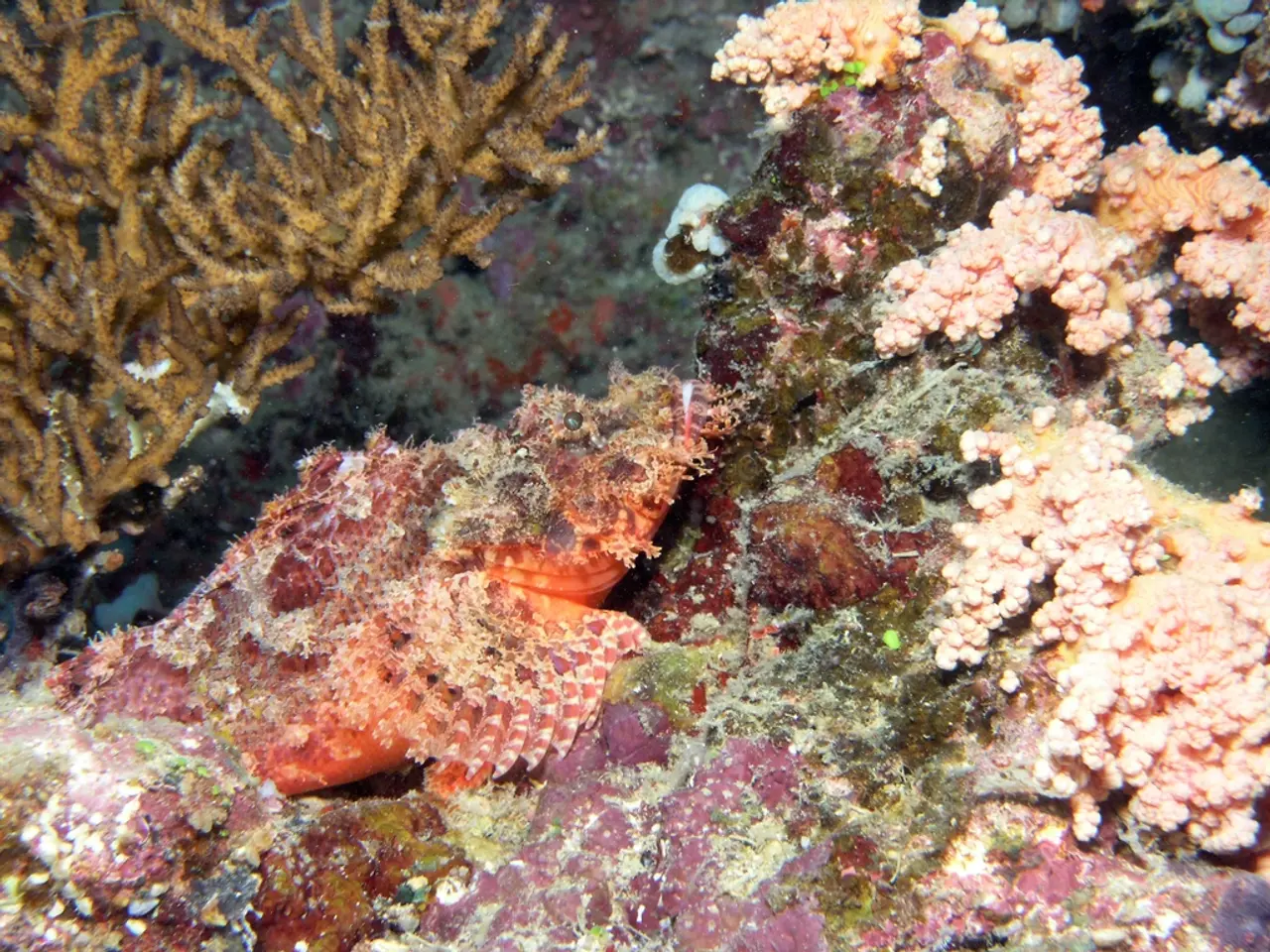Thousands of Dead Fish Wash Up on Rostock Beaches Amid Baltic Sea's Oxygen Crisis
Thousands of dead fish, predominantly flatfish and cod, washed up on beaches east and west of Rostock this weekend. The incident, while rare, has occurred more frequently in recent years, highlighting the Baltic Sea's ongoing oxygen depletion crisis.
The Leibniz Institute for Baltic Sea Research Warnemünde (IOW) is proposing measures to enhance oxygen content at the sea's bottom by 2025, aiming to prevent such fish deaths. The western Baltic Sea, off Germany's coast, is particularly vulnerable, with cod fishing currently banned.
Such events have severe ecosystem impacts, rendering large seabed areas uninhabitable for months. Divers reported finding carcasses covering the seabed in some places. Decades of nitrogen and phosphate inputs, primarily from agriculture and air pollution, have fuelled increased algae growth and oxygen consumption. Climate change also contributes to reduced oxygen levels in the water.
Authorities swiftly responded by banning fishing and issuing warnings to bathers. The cause of the fish deaths was identified as a so-called upwelling, where oxygen-depleted water from deeper layers is pushed to the surface by southeasterly winds.
The Baltic Sea has been grappling with oxygen depletion for years, leading to the loss of habitats, species, and ecological balance. As fish deaths continue to occur, urgent action is needed to address the root causes and prevent further damage to the marine ecosystem.






